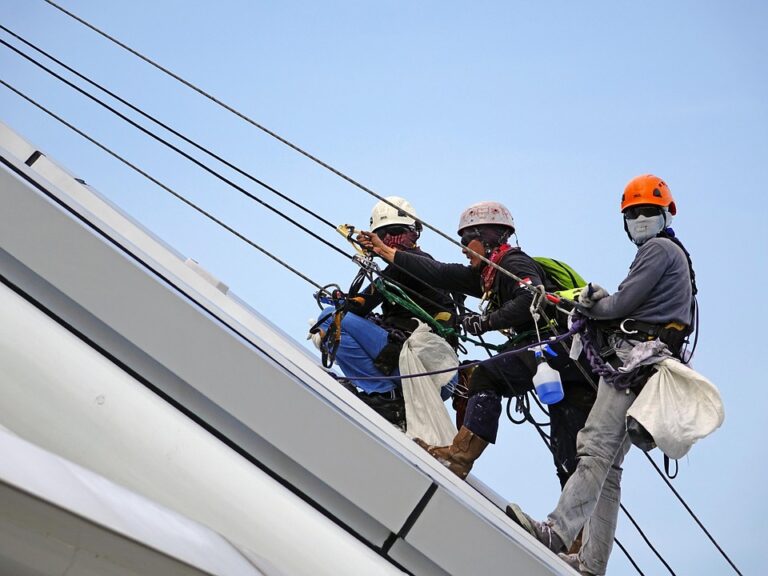Emergency Preparedness: What to Do If Things Go Wrong While Traveling
Traveling can be one of the most rewarding experiences of our lives. However, unexpected circumstances can turn an idyllic vacation into a stressful ordeal. This article highlights essential strategies for ensuring travel safety and offers recommendations on what to do if things go awry while you’re on the road.
Understanding Travel Safety
Travel safety is not just about avoiding dangerous places; it’s a holistic approach that involves preparing and planning for any potential mishaps. According to recent data from the U.S. Travel Association, over 68% of travelers report experiencing some form of inconvenience or travel disruption during their trips. This could include anything from missing luggage to natural disasters. Therefore, preparing for the unexpected is essential.
Pre-Travel Preparations
1. Research Your Destination
Before you travel, do your homework about the place you are visiting:
- Local Laws and Customs: Understand the laws, cultural norms, and safety conditions.
- Emergency Contacts: Note down the contact details of local authorities, your country’s embassy, and local hospitals.
2. Purchase Travel Insurance
Travel insurance can be a lifesaver. In fact, studies show that travelers who have insurance are 35% less likely to experience financial stress due to an emergency. Choose a policy that covers:
- Trip cancellations
- Medical emergencies
- Lost or stolen belongings
3. Pack an Emergency Kit
Create a travel safety emergency kit. This should include:
- First Aid Supplies: Band-aids, antiseptic wipes, pain relievers.
- Important Documents: Copies of your passport, insurance, and itinerary.
- Contact Information: A list of important contacts, including family members and travel companions.
What to Do If Things Go Wrong
1. Health Emergencies
In the event that you or someone you’re traveling with needs medical attention:
- Seek Immediate Help: Go to the nearest hospital or call emergency services.
- Use Your Insurance: If you have travel insurance, contact them immediately for guidance.
Example: If you find yourself in a foreign country with a sudden illness, accessing local healthcare can be daunting. Always keep an international directory with trusted hospitals and clinics handy, as this can expedite the process.
2. Lost or Stolen Belongings
If your belongings are lost or stolen, follow these steps:
- Report the Incident: File a police report and obtain a copy for your records.
- Notify Your Bank: If your credit cards were stolen, call your bank immediately.
- Check With Your Insurance Company: Most travel insurance plans cover theft or loss of belongings.
3. Natural Disasters
In case of a natural disaster such as a hurricane, earthquake, or flood, it’s crucial to:
- Stay Informed: Rely on local news channels and alerts.
- Follow Evacuation Protocols: Familiarize yourself with the area’s emergency exits and protocols in advance.
Analogy: Think of natural disasters as uninvited guests at a party. Just like you would prepare for various scenarios to keep the party enjoyable, preparing for emergencies while traveling ensures you remain safe and calm when the unexpected occurs.
Enhancing Your Travel Safety Awareness
1. Utilize Technology
Several apps can enhance travel safety:
- Flight Tracker Apps: Keep informed about potential delays or cancellations.
- Emergency Alert Apps: Use apps that provide alerts for natural disasters or other emergencies in your area.
2. Stay Connected
Make sure your mobile phone is always charged and that you have a portable charger in case of emergencies. Share your itinerary with family and friends, so someone knows where you are at all times.
3. Be Aware of Your Surroundings
Always stay vigilant regarding your environment. Recognize suspicious activities and avoid poorly lit areas at night.
Conclusion
Taking steps to ensure travel safety can make all the difference in your experience abroad. In the face of unexpected situations, being well-prepared will allow you to navigate challenges calmly and effectively. From health emergencies to lost belongings and natural disasters, having a plan in place transforms potential pitfalls into manageable challenges.
For further reading, take a look at our articles on Travel Insurance Essentials and Emergency Packing Guide for more insight on how to prepare adequately for your next trip.
For additional guidance on emergency preparedness while traveling, you might want to explore reputable sources like the Centers for Disease Control and Prevention and the U.S. State Department.
By embracing a mindset of preparedness, you enhance your travel experiences and ensure that you can focus on the joys of discovery and adventure. Safe travels!
Image Suggestions:
- A traveler checking their travel safety kit (Alt text: Travel Safety Kit Essentials)
- A screenshot of a travel insurance policy (Alt text: Travel Safety Insurance Overview)


